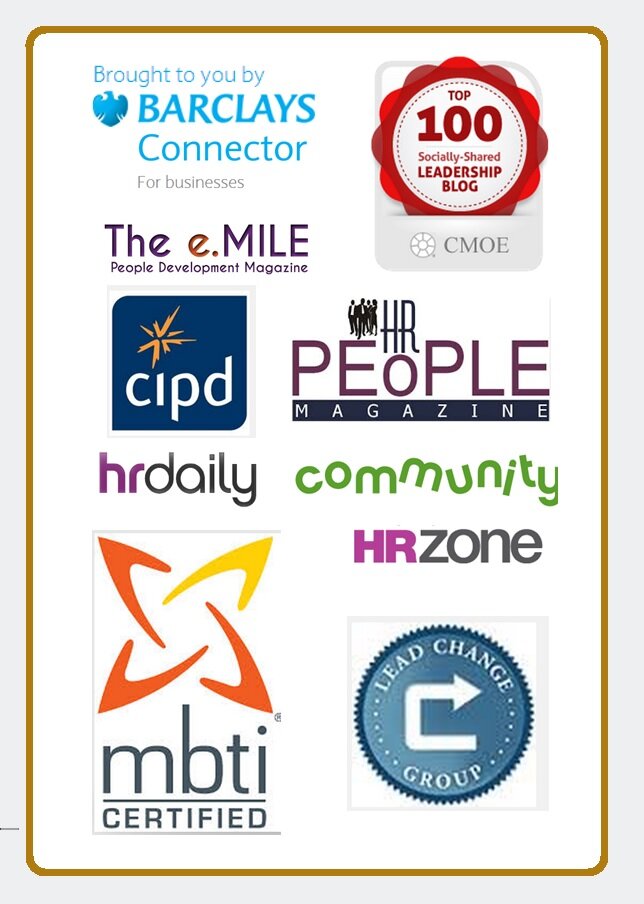 What is the mysterious X Factor ingredient which makes your business great?
What is the mysterious X Factor ingredient which makes your business great?
That mysterious elusive quality of “the X Factor” existed before the popular shows. The Oxford Dictionary describes the “X Factor” as ” a special quality, especially one that is essential for success and is difficult to describe”. In the past I’ve asked the question “Does your business have the X Factor?” Of course we all want to be in the category of having the “X Factor”, but if your business is going to be successful, then that intangible essence must be identified.
Having seen and heard about successful leadership and businesses. I now believe that the “X Factor” for business, and indeed for most people or organisations or situation is actually the “E” Factor.
There are many “E” elements which can make a business successful. Think about Engagement, Excellence, Extra mile, Extraordinary, Empowerment… and I’m sure you can think of a lot more. But what I think is the biggest factor, the one which sets a business out from the rest is something which the majority of people relate to.
A few months ago, I read a blog post; entitled “101 Short Stories that Will Leave You Smiling, Crying and Thinking” you can find them here. It is a post from Marc and Angel Hack Life, a great blog. Of course I enjoyed the stories enormously, and mostly they brought tears to my eyes. (Go on read them and see how long it takes you!). It is one of the few blogs I subscribe to, and one when I share, attracts by far the most readers, shares and re-tweets across social media.
A few weeks ago I was at a seminar where a guy called Steve Trister of entertained by teaching delegates how to engage with an audience using this factor when presenting. Delegates found his presentation funny and enlightening, he had a throng of people around him when he’d finished wanting to know more.
Last week in the UK, we were entertained with “The Pride of Britain Awards”. If you haven’t come across this now national event, the programme celebrates stories of heroic acts of bravery and contribution. On the awards site the introduction states “Selfless, courageous, caring . . . our amazing winners make the world a better place”
Indeed I have recognised that what makes an “X Factor” contestant successful, is in fact this magic ingredient. (A TV singing competition for those uninitiated)
Yes, you have of course realised the magic ingredient I am talking about it is…
Emotion!
Putting all of those fairly recent experiences into context made me realise sharply that the things in life we really like, and really want more of engage us emotionally. So what? you might be saying… we’ve always known that successful businesses engage their customers emotionally. After all we are surrounded by a raft of advertising and marketing, which is intended to do just that, isn’t it?
I know it’s obvious, but then I got to thinking about what I spend my money on, and how emotionally engaged to the products or services I receive I am. And I realised it was very little. Of course we all have different personality types and because of that, we buy through different paradigms. Some organisations sell to people because “It’s all about you”, or others sell because, the target customers “will have no less than the best”. And some sell because they “like the tried and tested”, for example.
But what is the intangible emotional element which we all seem to share at some level? When we see the young people on X Factor doing well, despite the odds; when we see the young girl who saved her mum; or the soldier who risked his life, we feel something about it. When we read the stories about caring about one another, or significant people in our lives, we feel something about it. When we receive praise for something we’ve done brilliantly, or we are forgiven for a big mistake we’ve made. We recognise that at the core of who we are, we care about each other and we will sometimes move heaven and earth to demonstrate it.
I am a big Oprah Winfrey fan. If any of you watched her daily show, you know what I mean. If you don’t watch her, you might label her 25 year run as a female dominated magazine show. But actually it is much more than that. The majority of her employees at Harpo, her production company, were at the time the show was running, some of the most enthused, committed people I have seen. They told stories of working long hours, dedication and going the extra mile. They truly believed they were part of something much bigger than themselves. They were emotionally engaged. According to CNN in September 2011, Oprah was the 8th richest woman in the world. Undoubtedly, her employees’ dedication and commitment have helped her reach that enviable status. Not only that, her audience were hugely emotionally engaged with what Oprah had to offer. What Oprah had to offer was the “E” Factor. She helped people see the good inside of themselves. She helped them touch positive emotions which made people want more. She came from the paradigm that people cared about each other and recognised this was who they were at their core.
So how does this affect all of us “ordinary” people, going to our desks, maybe nipping out for a sandwich, and thinking about the routine tasks we might have to get through, or when we are facing the tough realities of our world of work right now? Well you can happily be a spectator, celebrate other people’s success, and there is nothing wrong with that. Or alternatively, you could show the world you have the “E” Factor.
Businesses who have the “E” Factor have the following qualities about them.
- They have a vision, or a dream and they are passionate about it
- They make sure that what they do, they do extraordinarily well
- They are purposeful and they believe in what they do
- They want to make a sincere difference and have stories to tell about how they do.
- They realise that they are part of something bigger than themselves
- Their people are emotionally engaged, they have attached real meaning to what they do
- Whatever it is they do, they help people get in touch with the very best of who they are at their core.
What about you? Does your business have the “E” Factor, if so I would love to hear from you.
This great article is from the our 6 months themed series based on the Centre for Creative Leaderships Report of 2013, in which they identified the 6 top challenges for leaders across the globe: Don't Miss Out! Sign up here to be notified of subsequent issues and posts

If you are a leader, you are continually developing and "Sharpening the Saw". If you lead and manage teams, then you must read about our Inspirational New Leadership Programme. Sign up now to find out more details when we launch in July 2014. There is no obligation to undertake the programme, if you sign up today, you will simply be sent more information about the programme. You can unsubscribe at any time! Click below to register for further information.




